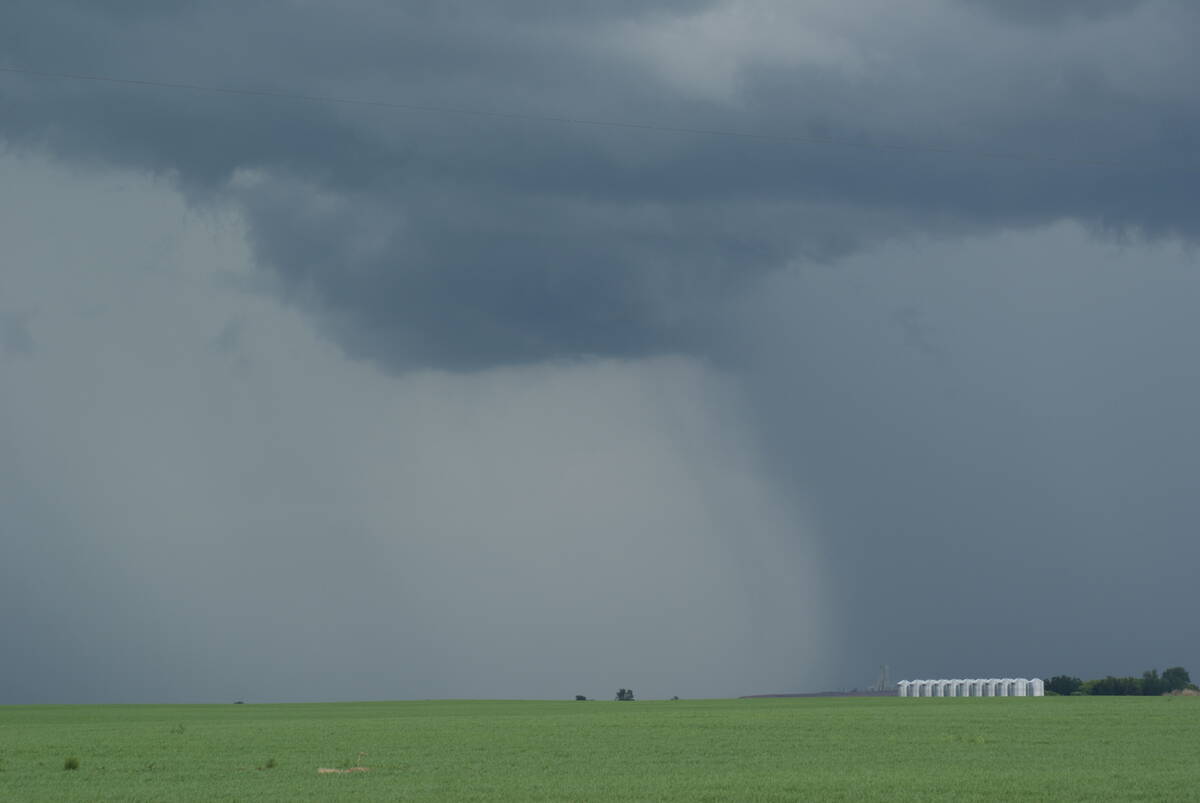CLOSURE of the horse slaughter plant at Neudorf, Sask., has raised more questions about the role and ethics of such plants.
The Canadian Horse Defence Coalition has now called for an audit of all remaining horse slaughter facilities in Canada.
The Natural Valley plant in Neudorf made news last year when video surfaced that animal welfare groups said depicted inhumane treatment of animals.
The Canadian Food Inspection Agency said there was nothing improper going on at the plant.
Natural Valley closed for business reasons. It has been in receivership since last autumn with a reported debt of more than $25 million. It was not shut down due to animal welfare concerns.
Read Also

Canadian farmers need new tools to support on-farm innovation
Farmers need a risk management buffer that actually works and investment that drives advancements forward if Canada is to build resilience.
In fact, the plant’s closure is likely to worsen horse suffering. It is likely to mean longer trucking distances of horses to other Canadian plants. Horses from the United States that might have been shipped to Neudorf might instead go to Mexico, where regulations and inspections are more lax.
A sad reality in these difficult economic times is that with one less option available for horse owners, more unwanted horses could face abandonment.
Calls by animal welfare groups for audits at all Canadian horse plants are mostly about gaining public support to stop the practice of processing horses for food.
However, it is important that all types of slaughter facilities remain open to scrutiny by certified inspectors. Openness and accountability offer defence against unfair accusations.
It would also be useful to obtain hard data on horse abuse, neglect and abandonment in the United States since it banned horse slaughter in 2007. That would provide information needed to properly assess the consequences of horse slaughter bans.
Since the U.S. banned horse slaughter, more than 100,000 horses have been shipped to Canada and Mexico each year. Shipments to Canada have more than doubled and shipments from the U.S. to Mexico have increased by more than 300 percent.
The U.S. Congress is considering a bill that would ban horse shipments but some states have protested and some are considering opening new horse slaughter plants, noting that horse owners need affordable ways to deal with unwanted animals.
Animal care organizations in the U.S. report a growing problem. National numbers on horse abandonment are not kept, but according to the New York Times, the U.S. Society for the Prevention of Cruelty to Animals has seen a six-fold increase in hay demand for horse rescue operations.
Rescue centres across the U.S. report spikes in the number of abandoned horses. In Nevada, the Times reports 63 horses were abandoned on state land in 2008 compared to 11 in 2007. The Los Angeles county shelter took in 188 horses in 2008, up 600 percent from the year before.
Horse owners need options and sending animals to an inspected slaughter plant is as valid as hiring a veterinarian to administer humane euthanization. But when owners are trying to get by on stretched budgets, the costs of vet intervention often make it unfeasible.
Horses are often viewed as pets or as the iconic animal of the West. People form bonds with horses unlike those with other livestock.
That is why they deserve better treatment than they are now getting in the U.S.
Bruce Dyck, Terry Fries, Barb Glen, D’Arce McMillan and Ken Zacharias collaborate in the writing of Western Producer editorials.














